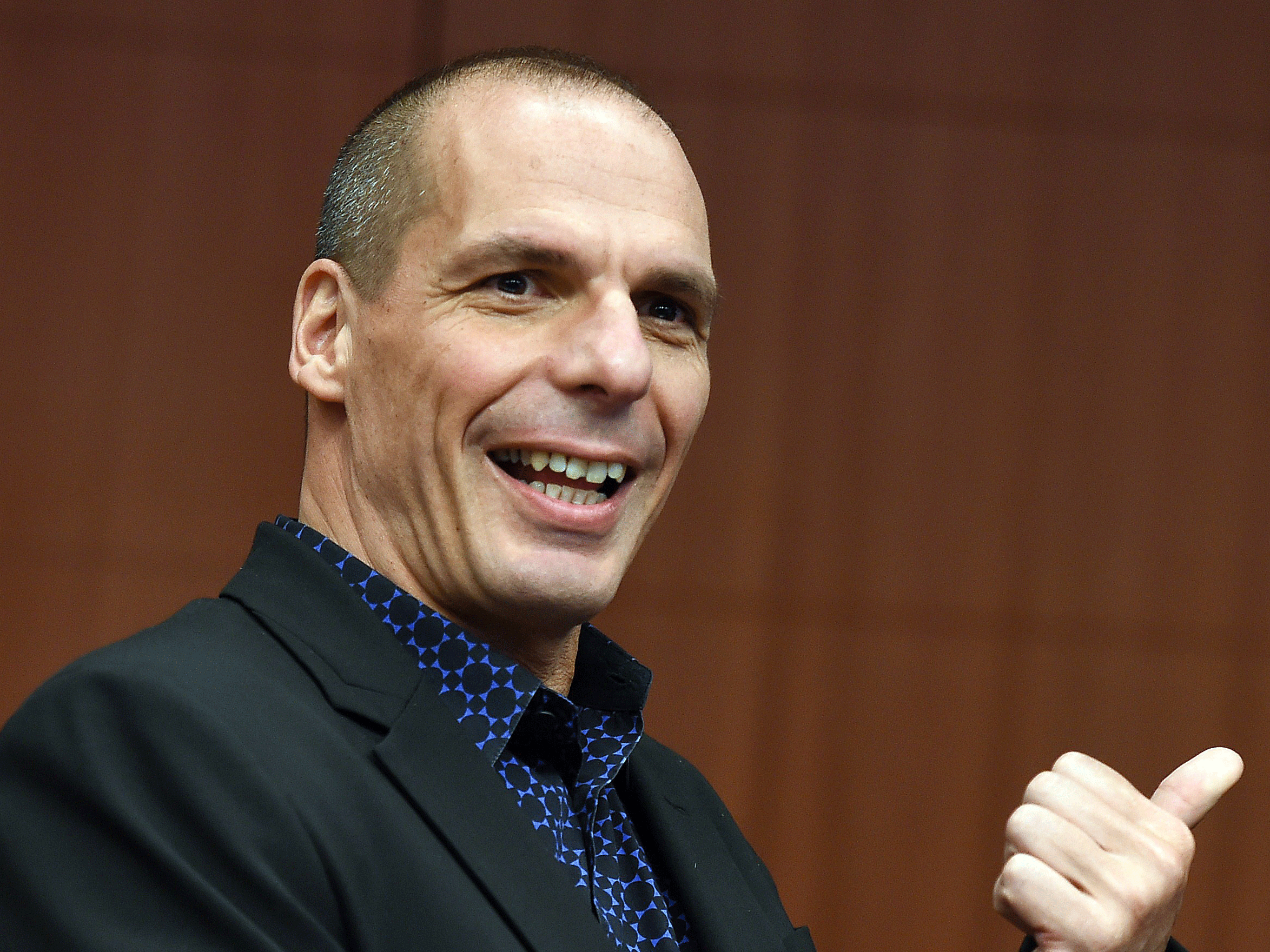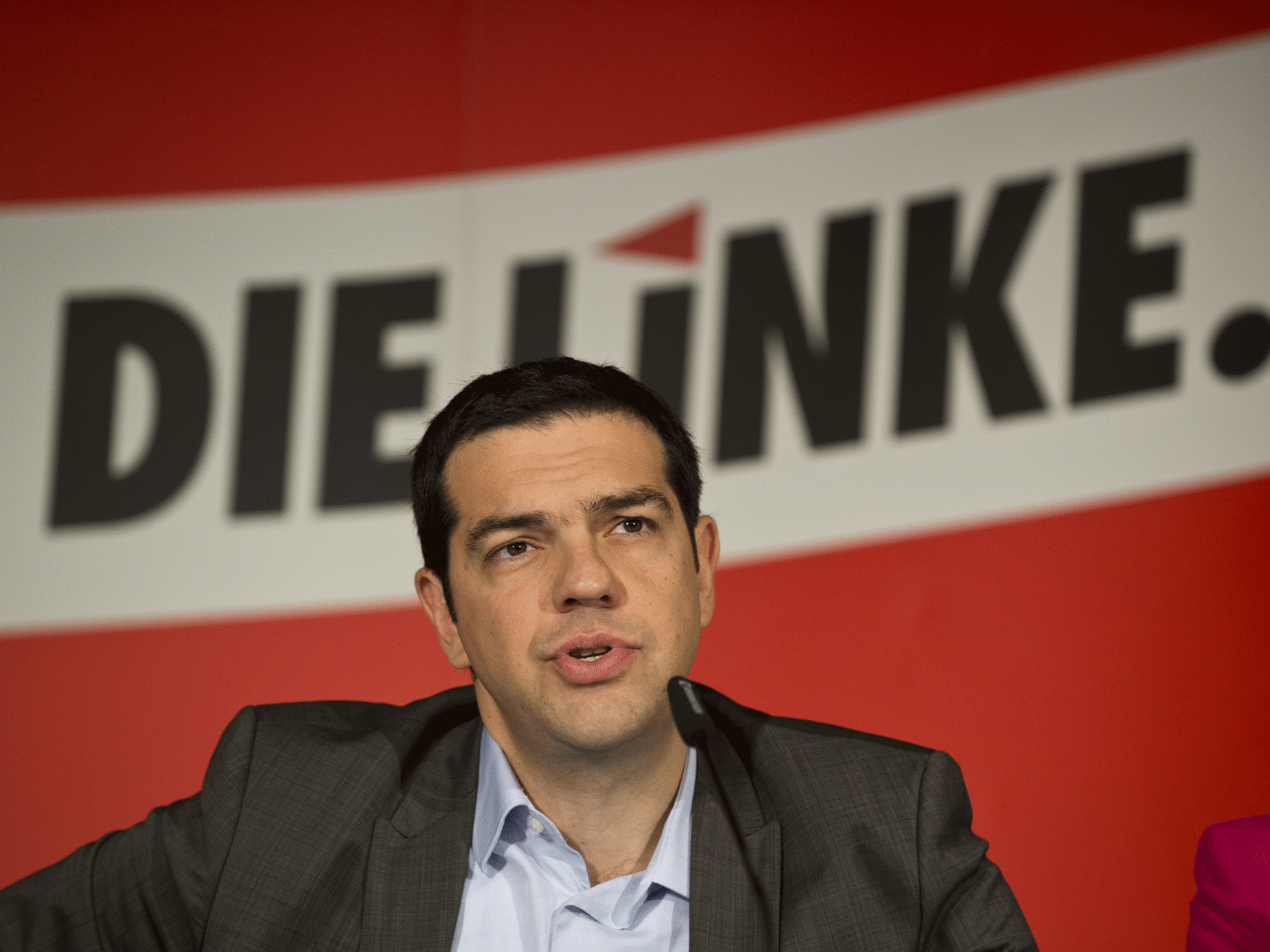Greece crisis: Former finance minister Yanis Varoufakis will not stand in 'sad' election next month as Syriza 'kicks out' traitors
Mr Varoufakis has said he will not be standing for parliament in Greece's general election next month

Your support helps us to tell the story
From reproductive rights to climate change to Big Tech, The Independent is on the ground when the story is developing. Whether it's investigating the financials of Elon Musk's pro-Trump PAC or producing our latest documentary, 'The A Word', which shines a light on the American women fighting for reproductive rights, we know how important it is to parse out the facts from the messaging.
At such a critical moment in US history, we need reporters on the ground. Your donation allows us to keep sending journalists to speak to both sides of the story.
The Independent is trusted by Americans across the entire political spectrum. And unlike many other quality news outlets, we choose not to lock Americans out of our reporting and analysis with paywalls. We believe quality journalism should be available to everyone, paid for by those who can afford it.
Your support makes all the difference.Former Greek finance minister Yanis Varoufakis has said he will not stand in “sad” elections expected in the debt-ridden country next month.
The 54-year-old economics professor said he would instead focus on setting up a new movement to “restore democracy” across Europe.
Greek Prime Minister Alexis Tsipras’ left-wing Syriza party said it would not allow Mr Varoufakis and others who voted against Greece’s latest bailout package to run for parliament for Syriza in any case.
Mr Varoufakis said: “I'm not going to take part in these sad elections.”
While a Syriza party official told the agency: “Not only him but other law-makers who did not back the bailout will not be part of the ticket.”
Mr Tsipras resigned last week, triggering a snap election, because he felt he had a “political and ethical responsibility” to allow the electorate to judge his administration’s work.
His Syriza party was elected in January on an anti-austerity mandate, but has not lived up to its promises.
Last month, Mr Tsipras agreed to a new €86bn bailout package from the EU, European Central Bank and International Monetary Fund, requiring tax increases and privatisation of much of Greece’s public sector, among other reforms.
This was despite the Greek people voting ‘no’ in a referendum on whether their government should accept the latest bailout deal.

Mr Varoufakis resigned from his post as finance minister in July, saying Mr Tsipras thought it would be better if he stood down, following pressure from European leaders.
The Prime Minister has criticised his former finance minister, telling Alpha TV on Wednesday that he had realised in June that “Varoufakis was talking but nobody paid any attention to him” at the height of Greece's negotiations over the latest bailout.
“They had switched off, they didn't listen to what he was saying,” Mr Tsipras said.
“He didn't say anything bad but he had lost his credibility among his interlocutors.”
Acceptance of the latest bailout package has led to a widening rift within the Syriza, with a significant number of its members forming the anti-bailout, far-left group Popular Unity - now Greece’s third-largest party.
Mr Varoufakis said Syriza had “betrayed the great majority (62 per cent) of the Greek people”.
Speaking to the Nouvel Observateur last week, he said: “If early elections lead to a government and a party that will have received a popular mandate to implement the agreement of July 13, I obviously could not be included.
“I think we have betrayed the great majority (62%) of the Greek people.”
Mr Varoufakis told ABC news channel he would not be joining Popular Unity, saying he had “great sympathy” but fundamental differences with the group and considered its stance “isolationist”.
Instead, he said he aimed to set up a European network aimed at restoring democracy that could eventually become a party.
“Instead of having national parties that run on a national level it will be a European network which is active on a national level,” Mr Varoufakis said.
“It's not something immediate. It's something slow-burning... something that gradually grows roots across Europe.”
Elections in Greece are expected to take place on 20 September.
Additional reporting by Reuters
Join our commenting forum
Join thought-provoking conversations, follow other Independent readers and see their replies
Comments